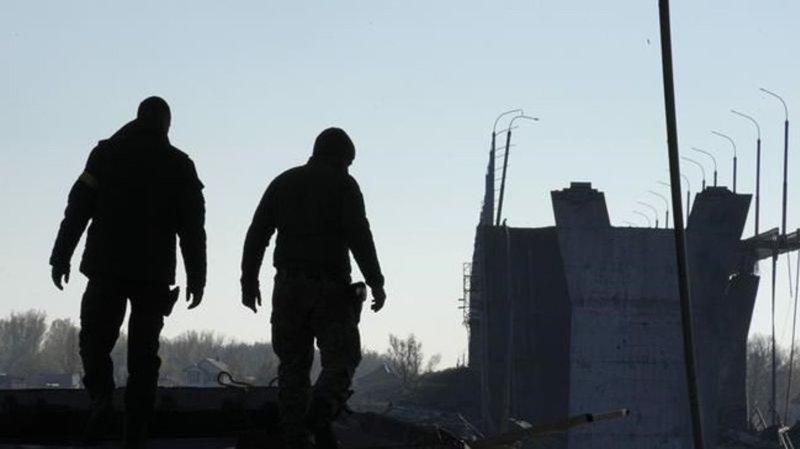
Canadian manufacturer of electrical towers offers to help Ukraine restore power
RIGA, Latvia — With Ukraine’s power grid coming under almost daily attack by Russian forces, the country’s main energy company has expressed interest in electrical equipment produced by a Canadian firm.
Tower Solutions has factories in Granby, Que., and in Brechin, Ont., producing transmission towers that the company says could be exported to Ukraine and rapidly installed to restore power in the war-ravaged country.
Ukrainian President Volodymyr Zelenskyy said recently Russia had damaged 40 per cent of his country’s energy infrastructure, and on Tuesday, Russian airstrikes targeting energy and other facilities caused broad power blackouts.
During a press briefing last month, a Tower Solutions representative pitched the company’s emergency replacement pylons to Maxim Timchenko, the president of DTEK, Ukraine’s largest private energy company. The representative noted the towers can be erected in a matter of minutes as opposed to the 90 minutes it takes for other pylons.


